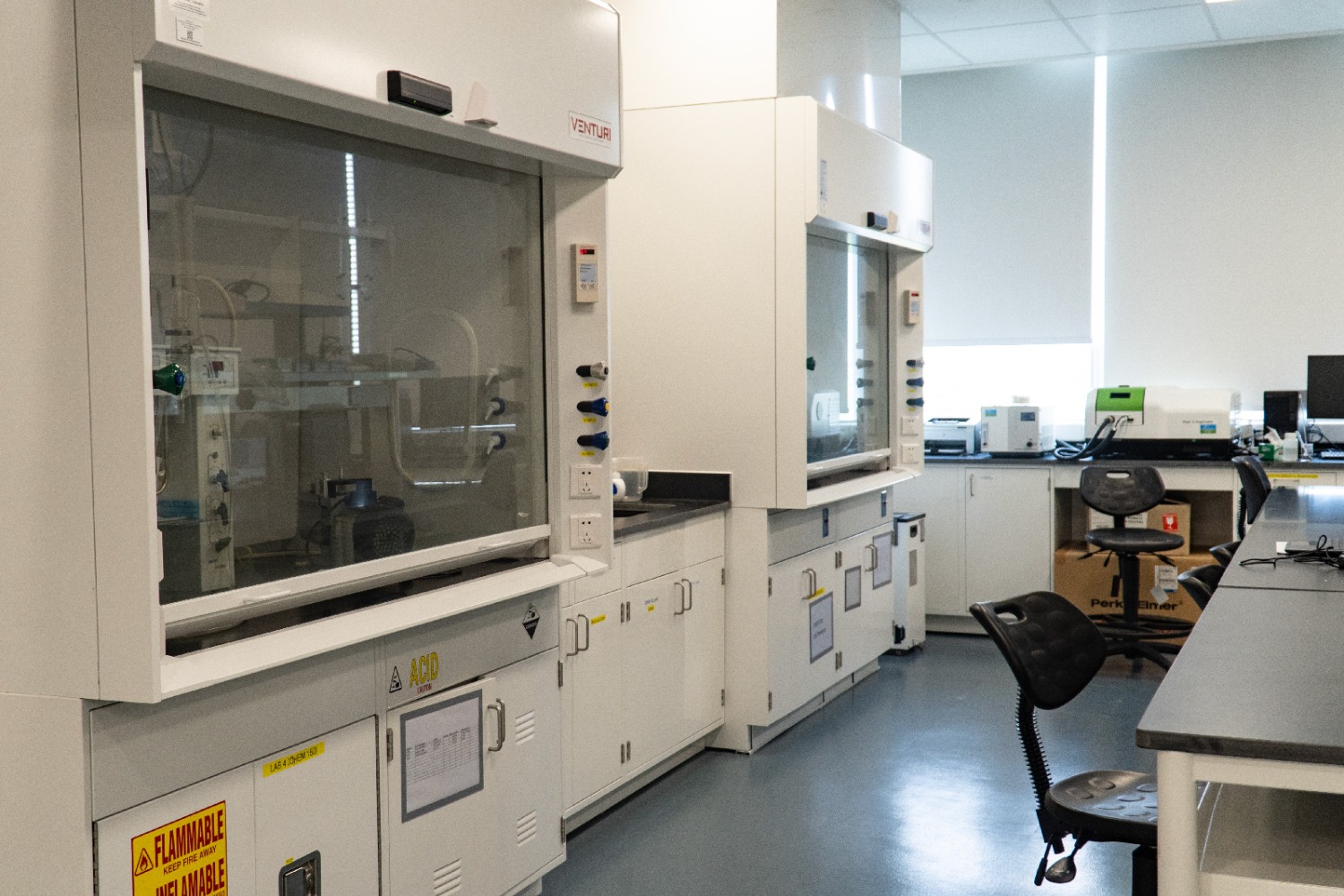
As a global university, DKU has pioneered a new educational model that combines liberal arts education with a strong emphasis on interdisciplinary research. This model aims to cultivate global citizens and promote cross-cultural understanding, while leading research efforts that serve society.
At DKU, there is a strong awareness and shared consensus that climate change and sustainable development are among the most pressing global challenges, requiring urgent action across all sectors of society. Recognizing the complexity and multi-dimensional nature of these issues, DKU nurtures an interdisciplinary approach to analyze problems and develop innovative, comprehensive solutions through its seven research centers.
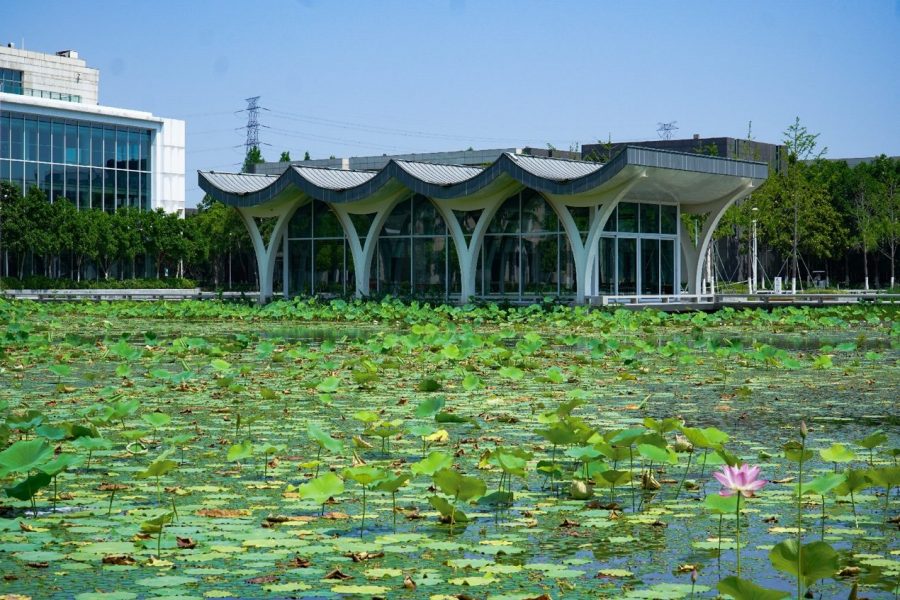
The Environmental Research Center (ERC) hosts a wide range of multidisciplinary environmental research covering topics, including but not limited to environmental and climate science, environmental governance and policy, green and low carbon finance, biodiversity and conservation, environmental history and humanities, and advanced materials for green energy.
The ERC currently has 29 core faculty members, along with 12 adjunct faculty from Duke University. Since its establishment in 2016, the ERC has published over 240 high-quality academic journal articles. As of 2024, multiple research projects have received funding from China’s National Natural Science Foundation, highlighting the value and impact of DKU’s environmental research.
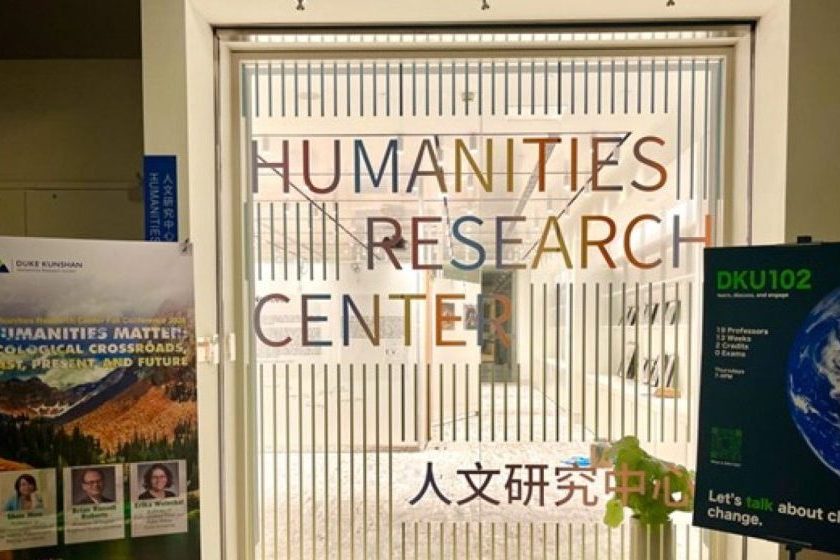
The Humanities Research Center (HRC) explores environmental issues through a humanistic lens, emphasizing the relationship between humans and nature. For instance, in April 2025, the HRC hosted a three-day conference titled Eco-Emancipation: Reimagining Sustainability, Justice, and Liberation, which brought together scholars from around the world to discuss key topics such as the rights of nature, bioculturalism, and human-nature relationships.
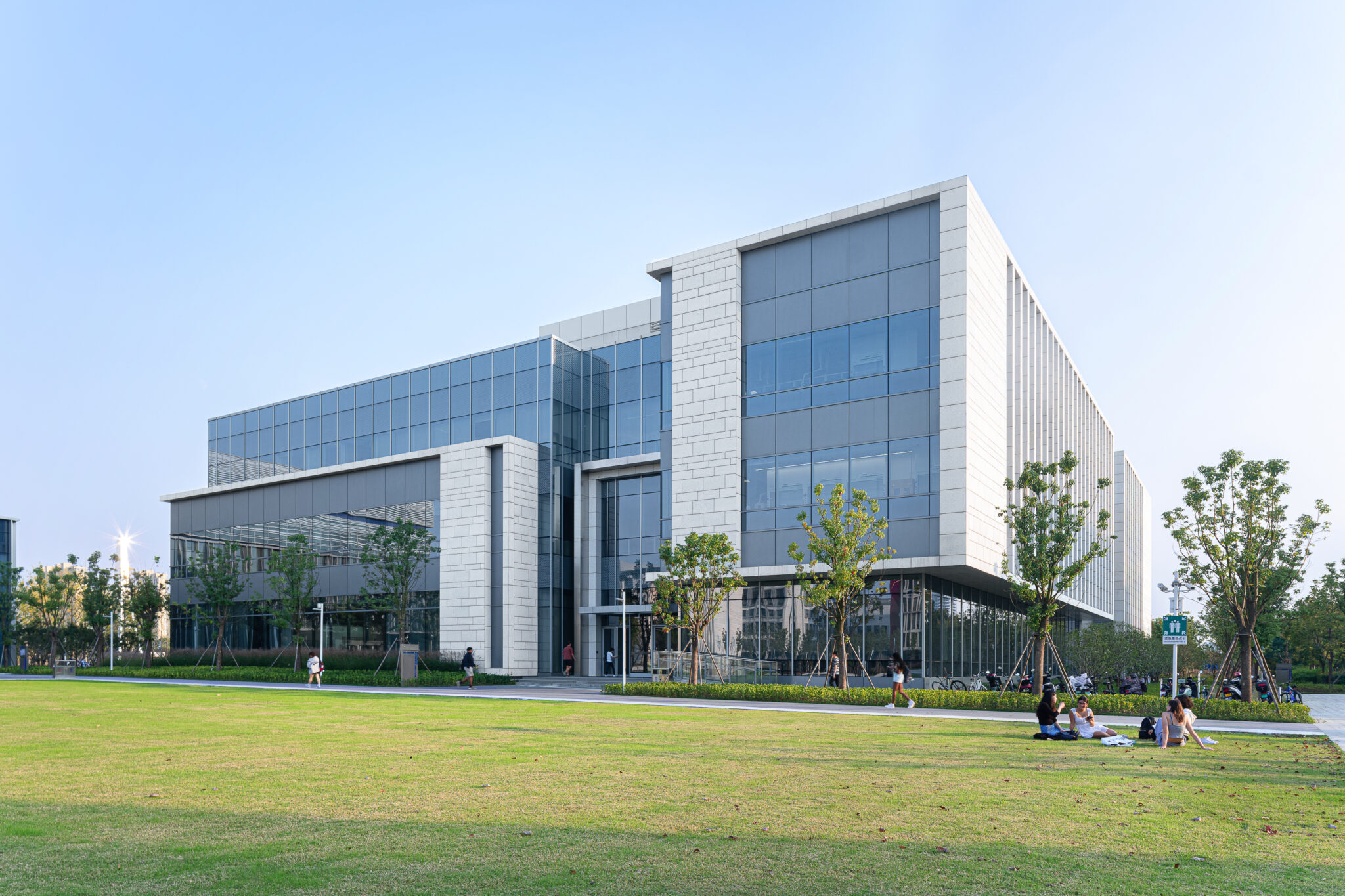
The Center for the Study of Contemporary China (CSCC) addresses how environmental and sustainability issues play out in the Chinese society and polity. Several of its China scholars topically focus on sustainability. In 2025, the CSCC organized a series of workshops and conferences on topics such as “Lie-Flat Environmentalism in a Burning World,” the “Digital Technology for Sustainability Symposium,” and the policy debate “Should the Government Advocate Free Rescue of Stray Animals?”, highlighting a diverse range of sustainability-related discussions.
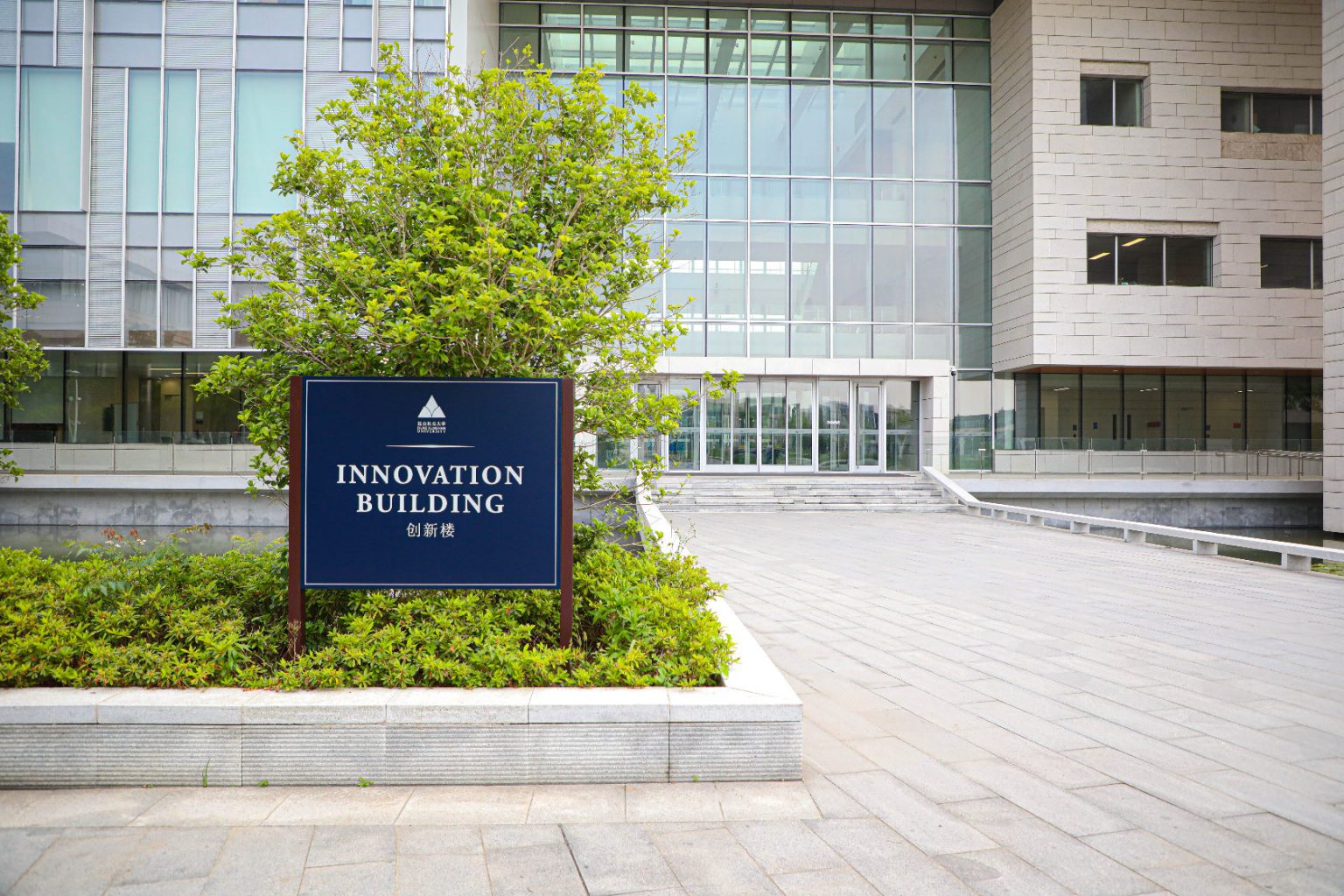
The Global Health Research Center conducts high-quality research focused on addressing health challenges at both local and global levels. Its work centers on three thematic areas: health systems and policy; population health and well-being; and health security and the environment. One of its flagship projects is the One Health Project, which explores the interconnectedness of human health, animal health, and the environment.
Beyond the research conducted by individual research centers, DKU has created and offered excellent knowledge exchange opportunities for its research community in the field of sustainability. For example, in recent years, the Duke International Forum (DIF) has focused its themes on climate-related issues. In 2023, the forum explored the topic “Climate and Sustainability: Green Technology, Policy, Investment & Education,” while in 2024, the theme was “Renovating Climate Policy and Green Finance for Future Sustainability.” The DIF is an annual international conference that brings together academics, industry leaders, and government officials to discuss pressing global challenges and serves as a platform to promote and incubate innovative research projects.
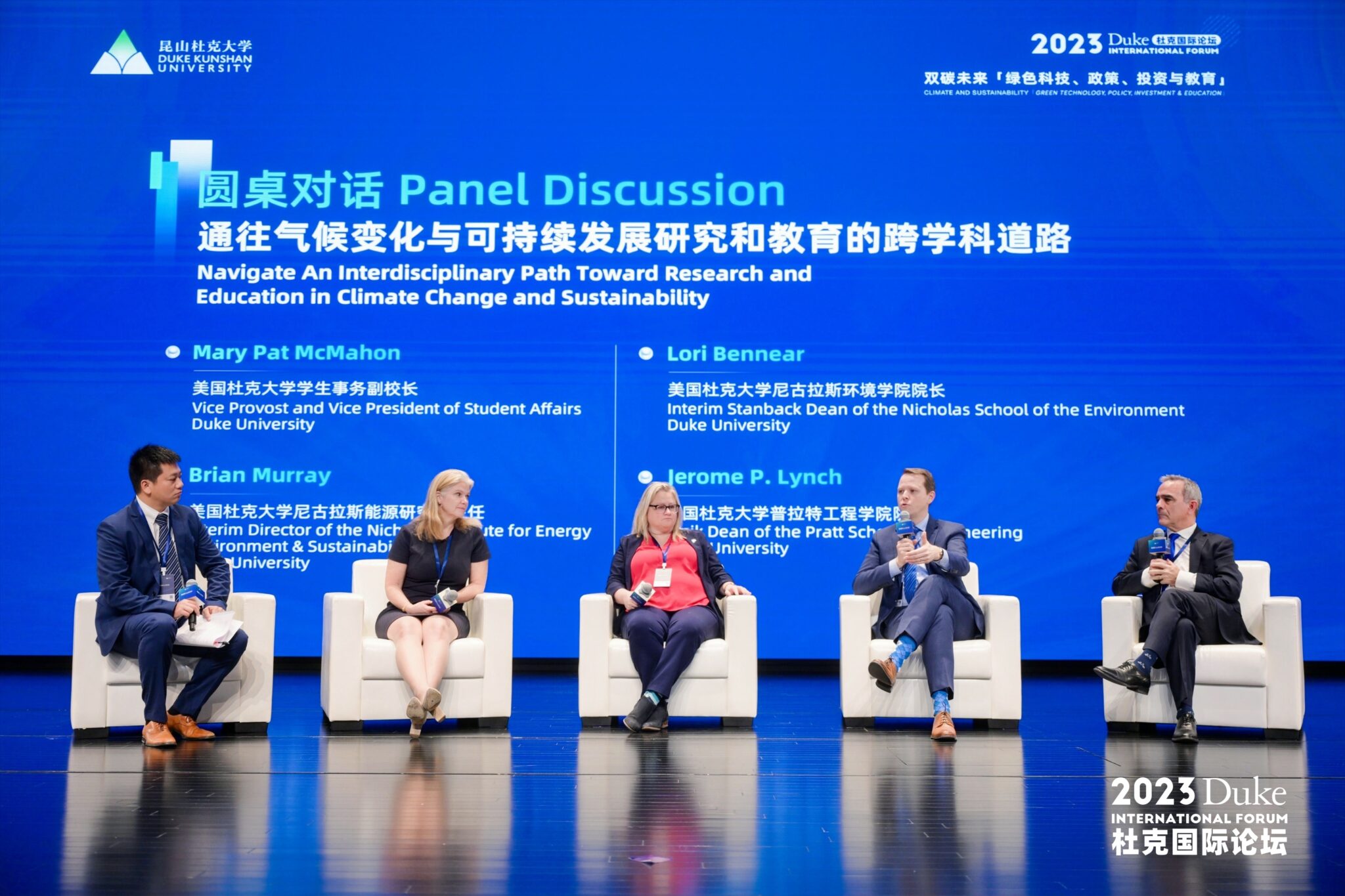
In June 2025, in collaboration with the United Nations Environment Programme Finance Initiative, DKU co-organized the Regional Roundtable Asia Pacific 2025, which played a pivotal role in promoting sustainable financial practices across the region. The event covered topics such as net-zero banking, climate and transition finance, financing clean energy, just transition, and ESG, among others. It attracted stakeholders from academia, banking, insurance, government, and international organizations. Many DKU students also participated to further explore their research and career interests.
Through its continued efforts in developing research centers and organizing international conferences and roundtables, DKU is prepared to continue expanding and thriving in the field of climate and sustainability research.
